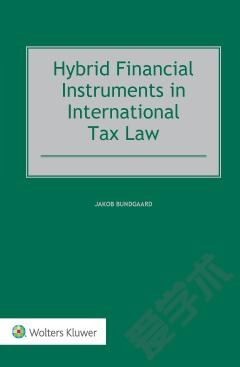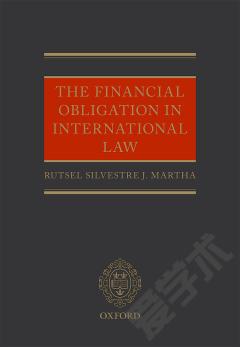Hybrid Financial Instruments in International Tax Law
Hybrid Financial Instruments in International Tax Law examines the tax issues affecting the use of hybrid financial instruments (HFIs). Financial innovation allows companies and other entities that wish to raise capital to choose from a myriad of possible instruments that can be tailored to meet the specific business needs of the issuer and investor. However, such instruments put increasing pressure on a question that is fundamental to the tax and financial systems of a country â the distinction between debt and equity. This book analyzes the treatment of HFIs â which lie somewhere along the debt-equity continuum, but where exactly depends on the terms of the instrument as well as on applicable laws â under both domestic law and tax treaties. Key jurisdictions, including the EU, some of its Member States, and the United States, are covered. Whatâs in this Book: Advocating for a broader scope of application of HFIs as part of the financing of companies in Europe alongside traditional sources of debt and equity financing, the book addresses such issues and topics as the following: ⢠Problems associated with debt-equity distinction in international tax law; ⢠Cross-border tax arbitrage and linking rules; ⢠Drivers behind the use and design of hfis; ⢠Tax law impact of perpetual and super maturity debt instruments, profit participating loans, convertible bonds, mandatory convertible bonds, contingent convertibles, preference shares and warrant loans on hfis; ⢠Financial accounting treatment; ⢠Administrative guidance; ⢠Influence of treaty on the functioning of the european union (tfeu) on member statesâ approaches to classification of hfis; ⢠Interpretation of the parent-subsidiary directive by the european court of justice; ⢠Applicability of the oecd model tax convention; and ⢠Implications of the oecd base erosion and profit shifting (beps) project. Throughout this book, the analysis draws upon preparatory works, case law, and legal theory in English, German, and the Scandinavian languages. In conclusion, the author considers tax policy issues and identifies and outlines possible high-level solutions.
{{comment.content}}








 京公网安备 11010802027623号
京公网安备 11010802027623号